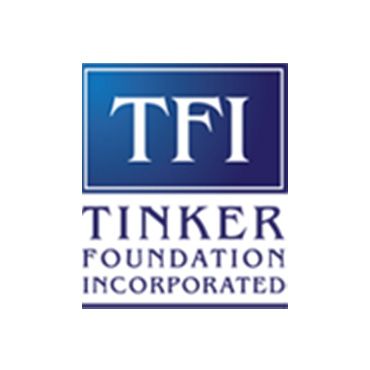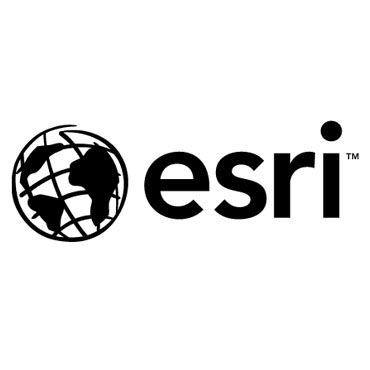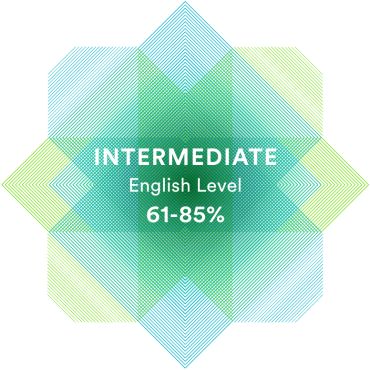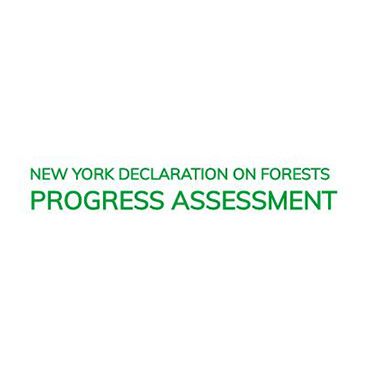The Tinker Foundation
Work Platform
The Tinker Foundation was created by Edward Larocque Tinker (1881-1968) in 1959 in memory of his wife Frances McKee Tinker, his father Henry Champlin Tinker, and his grandfather Edward Greenfield Tinker. He was convinced that the future freedom and prosperity of the peoples of the Americas depended upon their mutual trust, friendship and cooperation and it was in that spirit that the Foundation was established.
The Tinker Foundation was created by Edward Larocque Tinker (1881-1968) in 1959 in memory of his wife Frances McKee Tinker, his father Henry Champlin Tinker, and his grandfather Edward Greenfield Tinker. Receiving Ph.D.’s in literature from the University of Paris and the University of Madrid, Dr. Tinker had devoted a significant portion of his life to exploring Hispanic culture in Latin America, the Iberian Peninsula and the United States. He was convinced that the future freedom and prosperity of the peoples of the Americas depended upon their mutual trust, friendship and cooperation and it was in that spirit that the Foundation was established.
Martha Twitchell Muse, the person to whom Dr. Tinker entrusted the development of the Tinker Foundation, was a founding director, served as the Foundation’s first executive director and assumed the position of president upon Dr. Tinker’s death. It was her vision that guided the development of the Tinker Foundation’s programs for the first 40 years of its life.
The first major program initiated by the Foundation was the Tinker Visiting Professorships. A chair was endowed at Columbia University in 1968, followed by endowments at the University of Texas in 1973, the University of Wisconsin in 1975, Stanford University in 1978, and the University of Chicago in 1980.
The Foundation’s first stated areas of priority for general grantmaking were demographic education and information, social science research, community development and higher education. Ms. Muse redefined the funding focus of the Tinker Foundation’s grants program periodically over the years to meet the needs of Latin America. Today the Foundation’s Institutional Grants are focused on democratic governance, education, sustainable development, U.S. policy, and Antarctica.
One of the Foundation's more successful initiatives is the Tinker Field Research Grants program. First awarded in 1979, they are intended to give graduate students an initial research experience in Latin America. To date, over 6,600 graduate students from 45 universities around the country have participated.
In 2009 the Tinker Foundation celebrated its 50th anniversary and updated its institutional grants program to include the areas noted above. At this time, the Tinker Foundation also recognized the leadership of Ms. Muse as she retired from the Foundation by establishing the Muse Prize in Antarctic Policy and Science.






